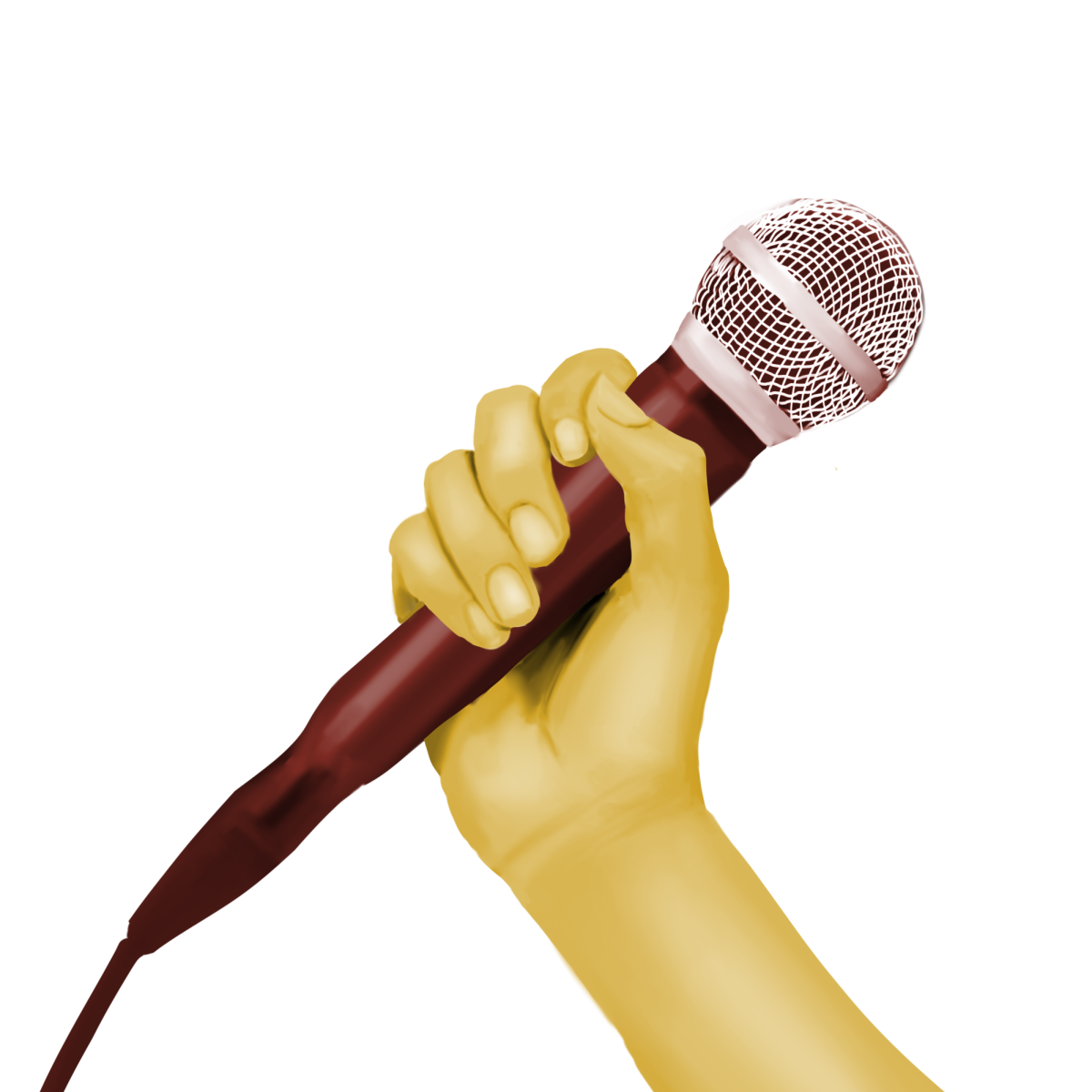When looking at the 2023 National Speech and Debate participation roster there’s a clear, common trend: Private schools and wealthy public schools dominate with numerous entries for every event.
Speech and debate has long been a popular extracurricular, with over 140,000 students joining the National Speech and Debate Association annually. However, according to the Los Angeles Times, barriers such as inadequate resourcing have prevented students from poorer areas from participating in this activity. Speech and debate is an expensive extracurricular, combining tournament fees, traveling costs and more.
Last year, local students formed a nonprofit to tackle this issue.
Palo Alto High School senior Mihir Menon and then-student Philip Chu founded the speech and debate organization Speak With A Purpose (SWAP) in the summer of 2022 to provide a means for disadvantaged and low-income students to participate in speech and debate. Chu has since graduated, though Menon continues to run the program.
SWAP offers free, on-demand five-10 minute videos about how to succeed in various debate events. These videos are created by nationally recognized student instructors all over the Bay Area and can be found on the front page of SWAP’s website or on their YouTube channel.
“I think this [speech and debate] is something that all students should have an opportunity to try,” said Palo Alto High School junior and SWAP Social Media and Marketing Manager Emma Yang. “I think it really does benefit your day-to-day life a lot.”
Menon said that he was first inspired to create SWAP after seeing how little diversity there was among students attending speech and debate events.
“I was seeing students of a very, very small subsection of society,” Menon said. “There wasn’t much diversity in the tournaments. And then when I’ve competed on a national level, I have seen the exact same thing. So [this] wasn’t just isolated to my area.”
Menon realized that he needed a new approach to impact his designated audience. To achieve his vision, he compiled a team of people from different schools across the Bay Area.
“We’re often competing against each other in tournaments, but we’re able to come together for a common goal that … [crosses] the boundaries of competition,” Menon said.
Menon partners with local urban debate leagues, or UDLs , high school debate teams that typically focus on minority students. These include the Bay Area Urban Debate League and the Silicon Valley Urban Debate League, which distribute SWAP’s videos on a larger scale by providing understaffed and underfunded schools with the necessary resources.
Menon hopes to implement the SWAP curriculum into more Bay Area high schools to provide a comprehensive set of videos for students to start from the most essential activities to the most advanced levels in each speech and debate event.
“Our curriculum is ever-growing right now,” Menon said. “We’re still at the early stages. … So currently, we have videos in five debate events, none in speech yet. And these videos are, right now, more of the early levels of the activity.”
According to Menon, SWAP is less oriented toward becoming its own speech and debate program than it is focused on enhancing and equipping high school speech and debate programs through its videos. Any assistance provided to the schools is entirely free of charge.
“My goal was to not step on anything they [school speech and debate programs] already did,” Menon said. “It was to fill in a hole that these urban debate leagues needed to have filled … They [UDLs] don’t really have a source of video content, … [and] it’s pretty hard to learn with pure texts. … We thought it was the best way to make an impact as quickly as possible.”
With more than 1,000 students and 21 schools currently participating in SWAP’s program, Menon and his team work hard to ensure that the material and videos produced are easy to access for students. The SWAP team is constantly creating, editing and releasing new videos on their website and YouTube channel.
“I have regular meetings with these urban debate leagues’ directors just to talk about how our videos are working, what’s happening and the overarching feedback that I get [from students],” Menon said.
Menon hopes that SWAP will eventually have a national impact and will continue to unite different schools with a common purpose
“I think for students that are maybe coming from disadvantaged backgrounds, without as much access to the same opportunities that we [at Paly] have, speech and debate can provide a leveling factor in terms of giving them the skills they need to advocate for themselves when maybe the rest of society is not advocating for them,” Menon said.



